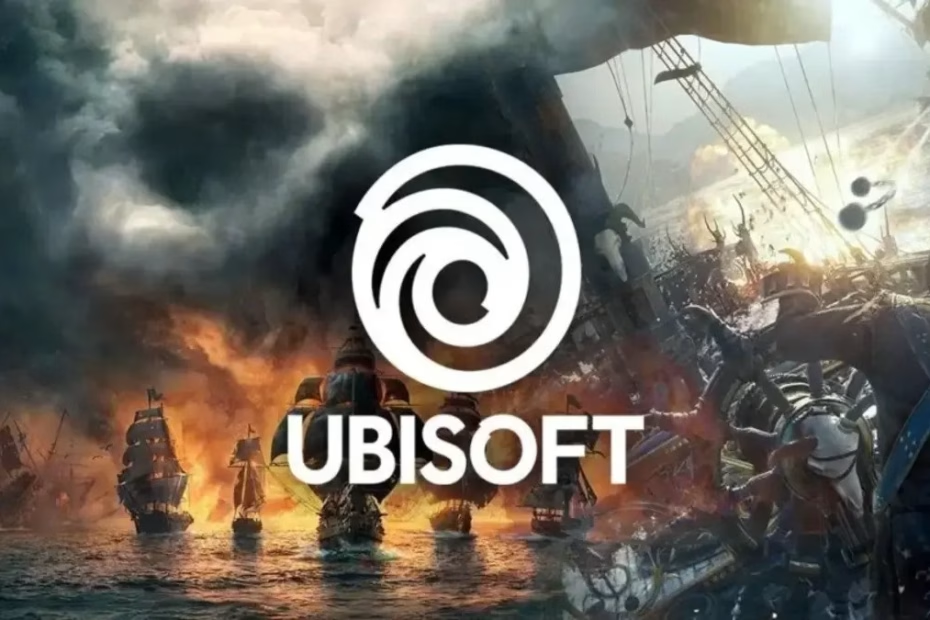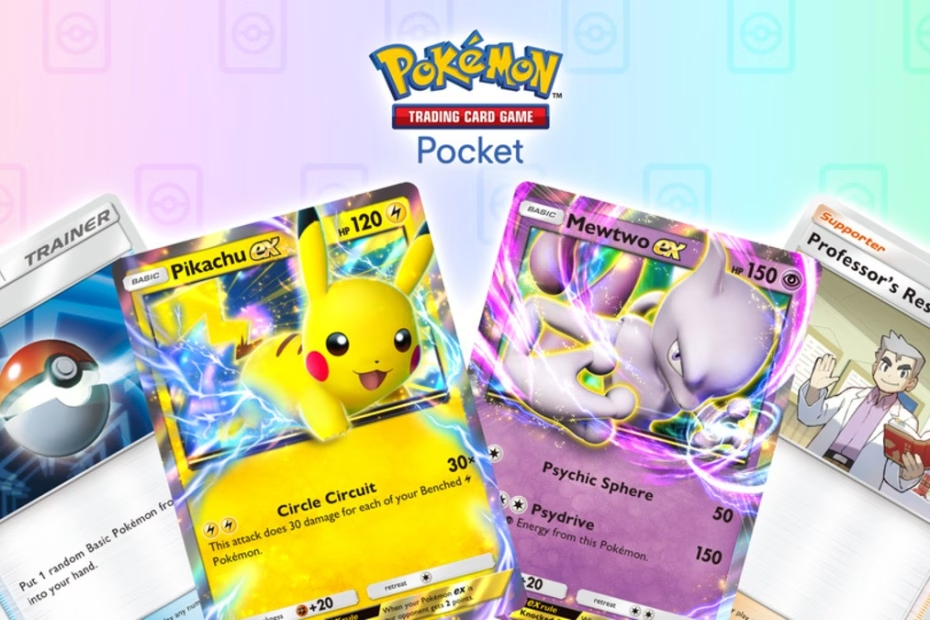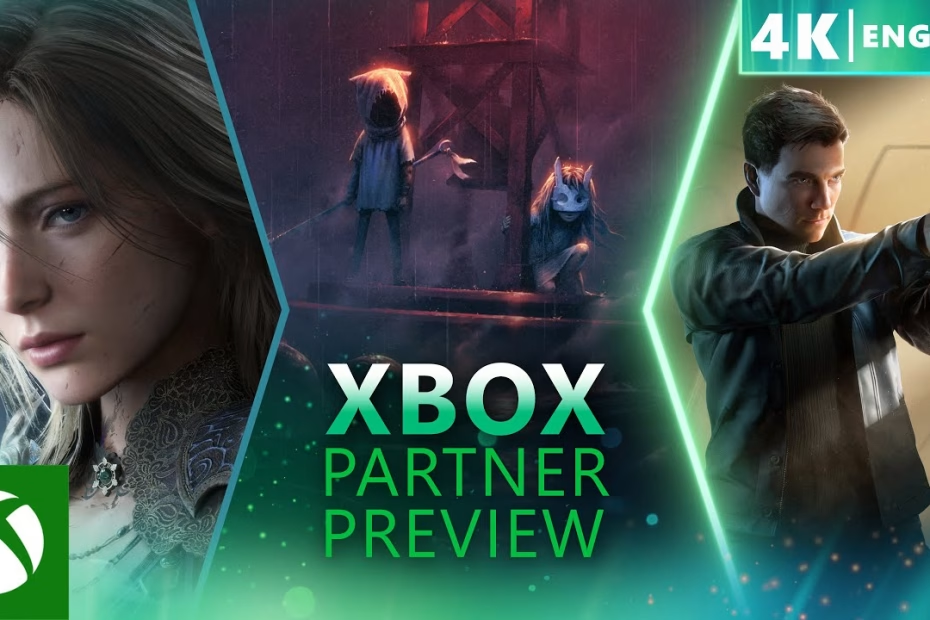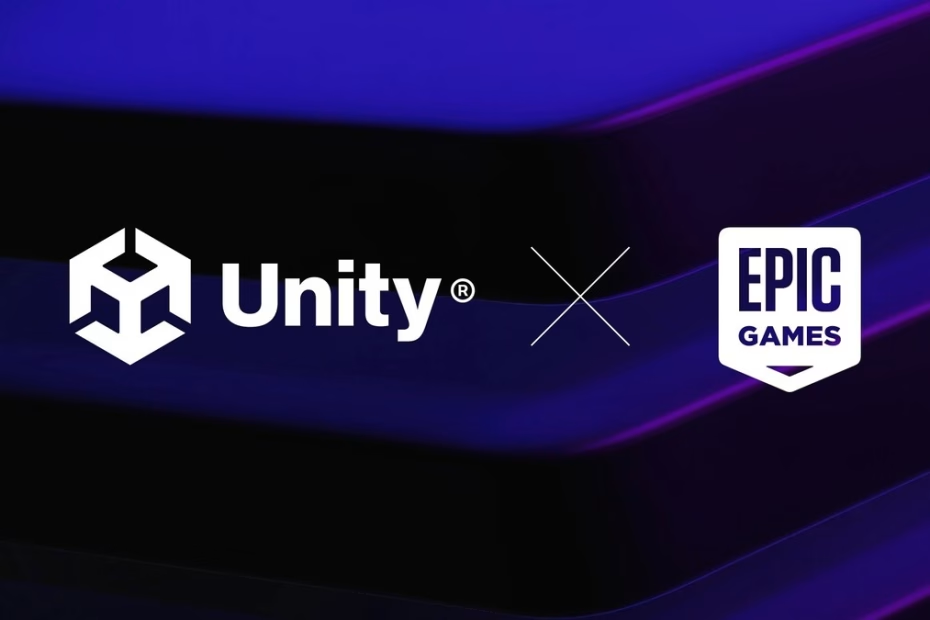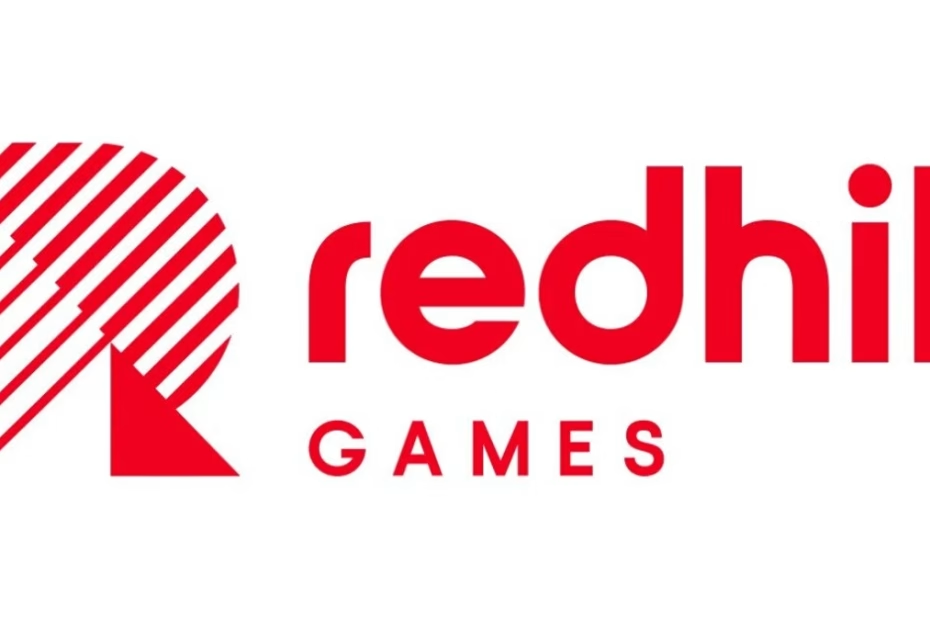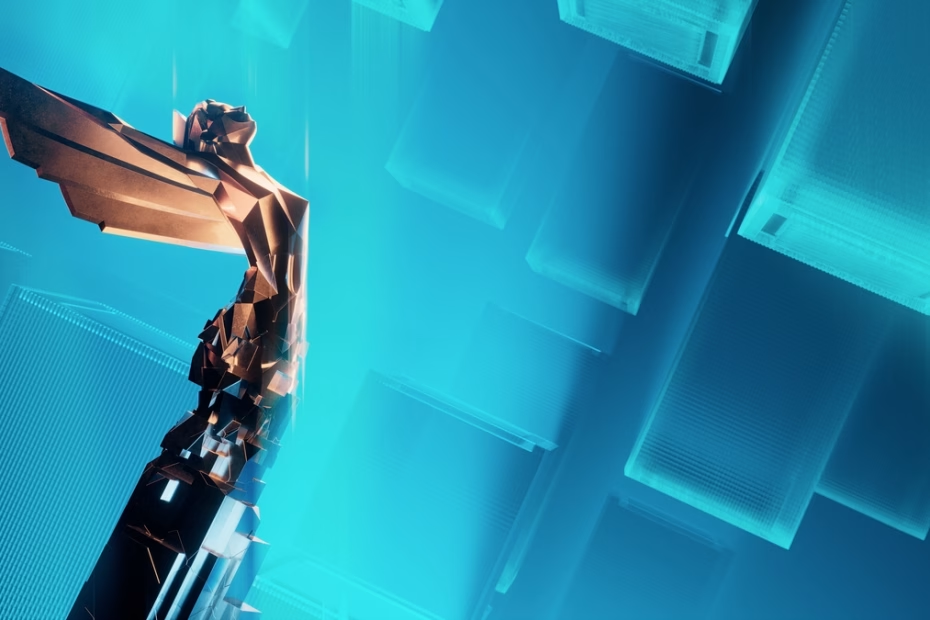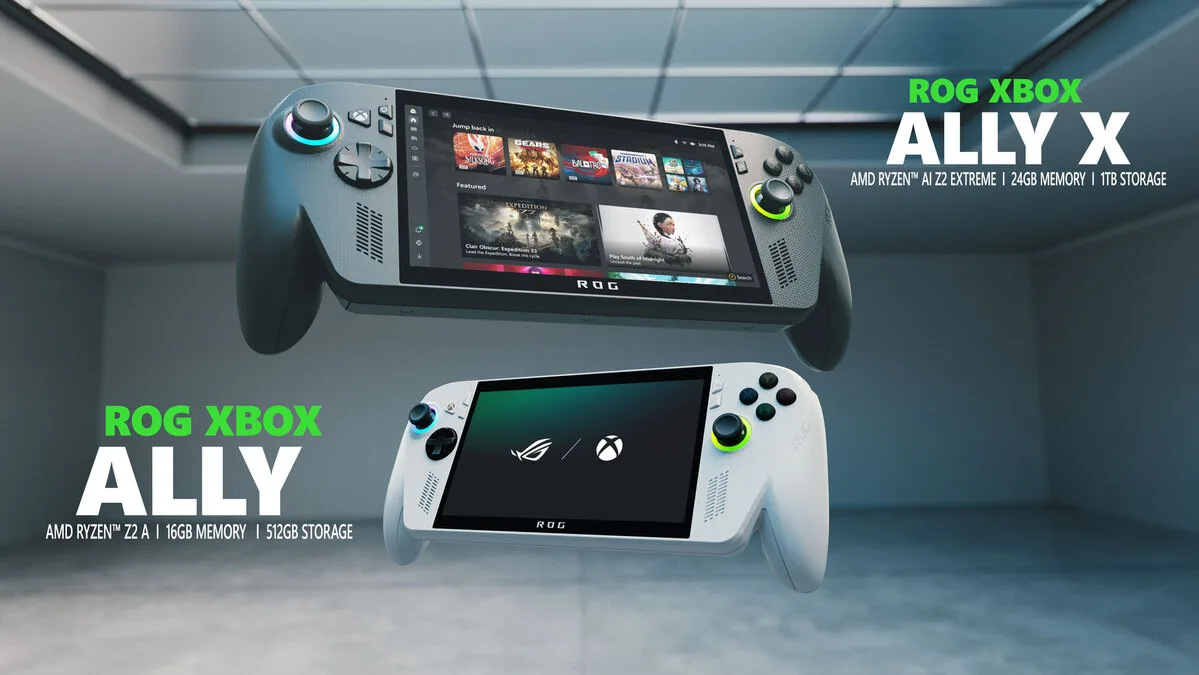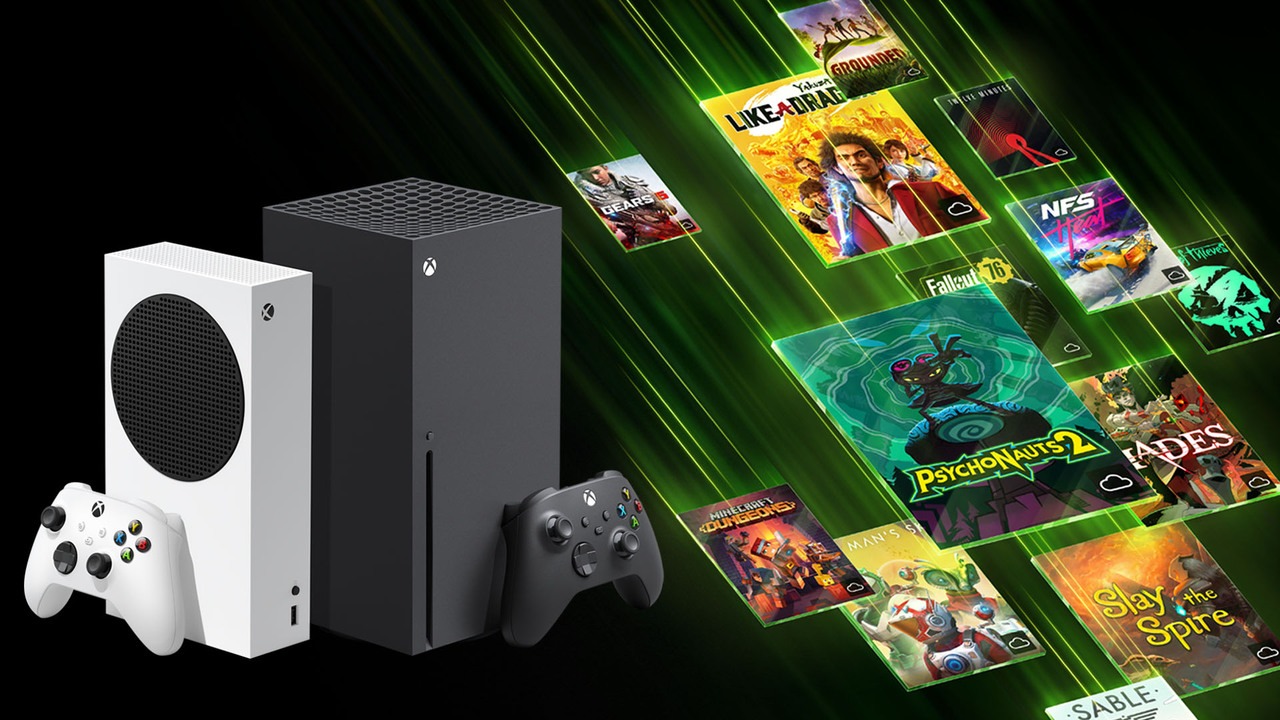
DDR5 RAM Shortages could trigger a 3rd Xbox Price Hike of 2025
The global demand for DDR5 RAM, driven by AI data centers, is pushing prices upward. This shortage is now rumored to trigger a third Xbox hardware price hike in 2025, highlighting how memory supply chains… DDR5 RAM Shortages could trigger a 3rd Xbox Price Hike of 2025

